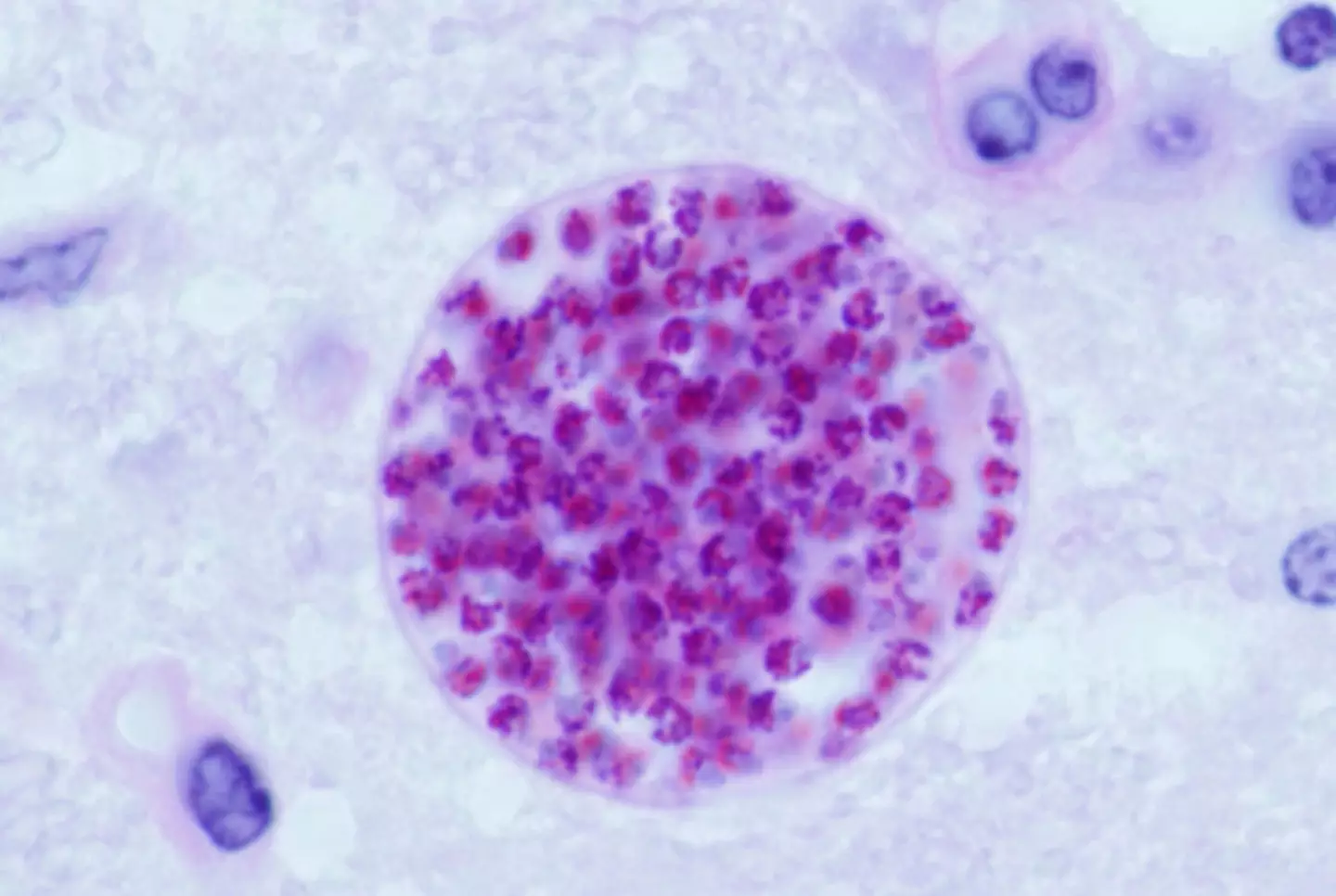
A common parasite is making people more attractive to increase the likelihood of sex and allow it to spread to other people, a new study suggests.
The research published in PeerJ, a peer-reviewed scientific journal, found that men with the common parasite T.gondii had more facial symmetry - which is a universal trait of attractiveness - than those without the parasite.
Women with the parasite were seen to have more physiological changes including lower body mass index. They were also more confidents in their attractiveness, according to the study led by Javier Borráz-León from the University of Turku in Finland.
The bizarre research also had 200 subjects from all over the world looking through a photos of infected and uninfected people and rate the photos based on attractiveness and health. Images of those infected with T.gondii were consistently rated healthier and more attractive.
Advert

The study was carried out by several university departments from Finland, Latvia, Estonia, and Mexico.
This is not the first time the parasite has fallen under the microscope.
Previous studies on T. gondii found that infections among rats appear to correspond with heightened levels of testosterone in infected males.
Additional research also discovered the parasite can make an animal host, such as a rat, attracted to the smell of urine from predator cats. This attraction causes the animal to engage in risky behaviour and increases the chances of it being eaten by a cat. This allows the parasite to move from the rat onto the cat.
Advert

Borráz-León told Atlas that it is 'well known' that the parasite then needs the cat to have sex, in order to keep spreading. He explained that animals often avoid mating with other animals that seem sick.
However, the parasite has adapted to work around this by living in hosts asymptomatically or actually increasing the attractiveness of the animal.
The researcher said: “In fact, it has been observed that male rats that have been experimentally infected with Toxoplasma gondii, have some changes in their testosterone levels, and are also more sexually attractive and preferred as sexual partners by non-infected females, which supports our evolutionary interpretation of the results.”
All though interesting, research into the effect of T.gondii on human physiology is still in early stages. Borráz-León is planning several new investigations to gain more insight into T.gondii infections and how it influence neurotransmitters and hormones.
Advert
It is estimated that about half the world's population is infected by the parasite, with most people unaware that they host T.gondii.